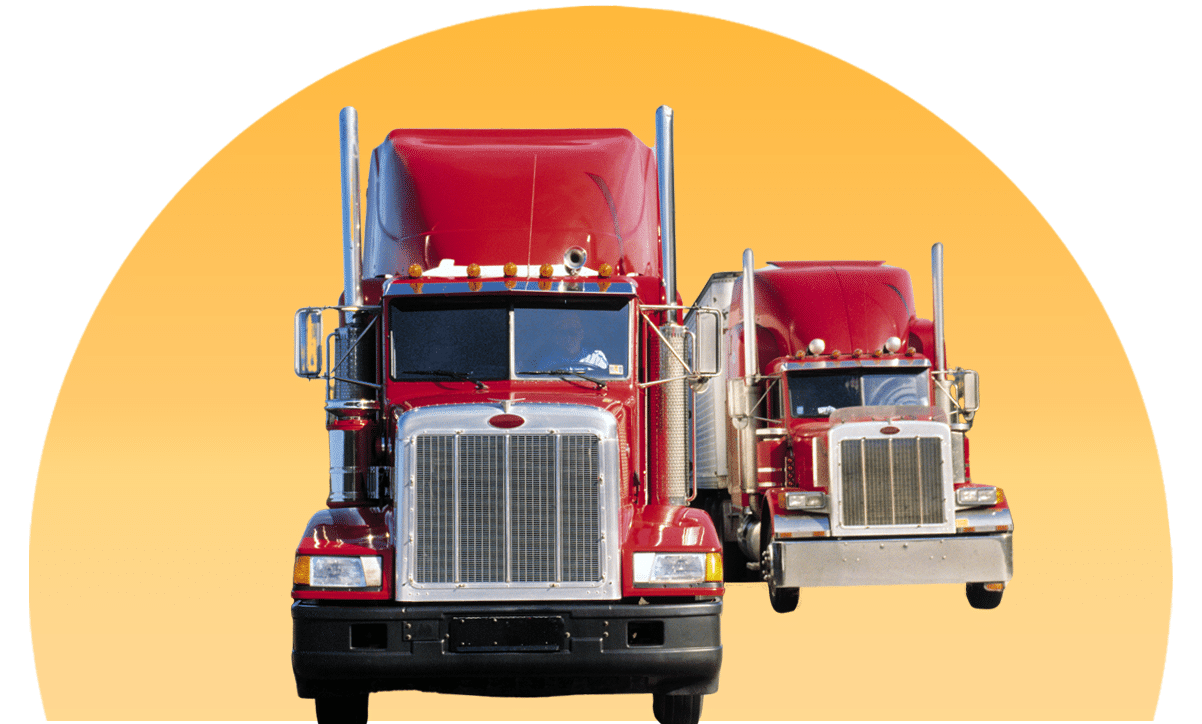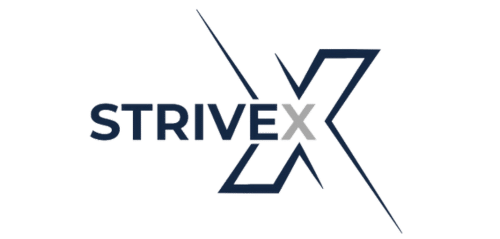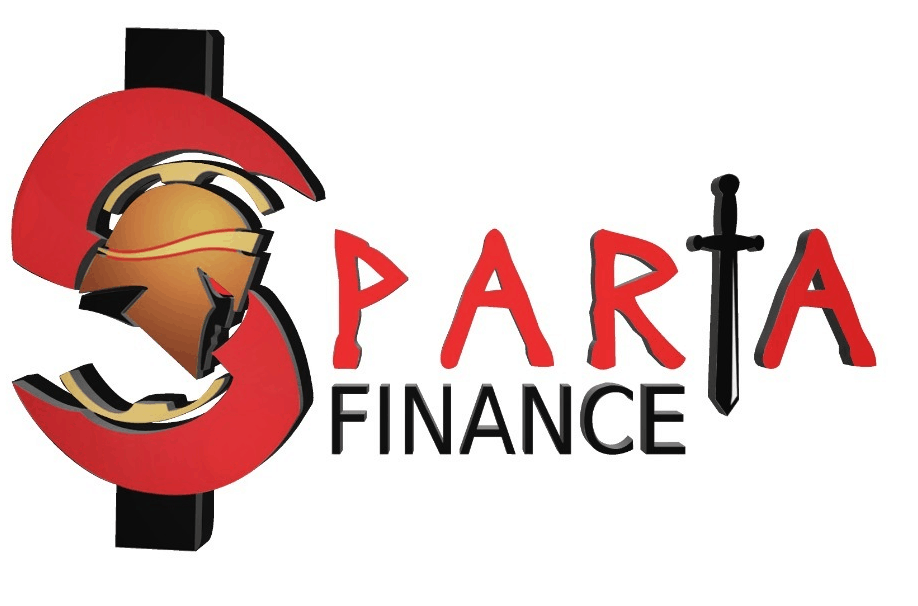More About Commercial Truck Financing in Canada
- What is a truck loan?
- What is the longest term for a truck loan in Canada?
- What types of trucks can be financed?
- What is a good interest rate on a brand new truck?
- What is a good interest rate on a used truck?
- How can I lower my truck loan interest rate?
- What is the lowest credit score to loan a truck in Canada?
- How to apply for commercial truck financing in Canada?
- What to know before you apply for a commercial truck loan?
What is a truck loan?
Truck loans are specialized financing solutions that cater to the needs of the trucking industry. Truck financing in Canada works similarly to other forms of financing: a lump sum is borrowed, and then repaid over time in installments. Interest is charged on the borrowed amount, and different truck financing companies charge different interest rates.
Almost all commercial truck loans are secured loans, meaning the truck itself serves as collateral. This parallels auto loans; but unlike with an auto loan, commercial truck financing requires a borrower to identify the specific truck they wish to purchase before they apply. This could be any type of truck, from box trucks and dump trucks to tow trucks - but crucially the cost of the truck must be known. Commercial truck loan lenders will assess an applicant's credit history and down payment, and calculate the loan terms based on all of the provided data.
What is the longest term for a truck loan in Canada?
The loan term any given applicant qualifies for when they apply for commercial truck financing in Canada depends on several factors, including the cost of the truck, the amount being borrowed, and the truck financing company's conditions. Most truck loans have a maximum term of 84 months, or 7 years, but loans are available with terms up to 120 or even 240 months. It's important to take into account the truck's potential depreciation and lifespan when considering a longer term loan.
What types of trucks can be financed?
Any type of truck can be financed by a commercial truck loan. This includes:
Semi Truck Loans
Known for their versatility, semi trucks are popular across Canada. There are a multitude of truck loan companies catering to those wishing to buy a semi truck, and the truck financing rates for these vehicles are competitive.
Box Truck Loans
Box trucks are among the more affordable trucks available to Canadian logistics companies, and there are plenty available - both new and used. A box truck loan can be easily obtained from a truck financing company for either.
Highway Truck Loans
Highway trucks, specially designed for long haulage, can be expensive, so finding competitive truck loan interest rates is crucial. Make sure you've done your research before you apply for a truck loan for a highway truck.
Concrete Truck Loans
Construction equipment is ever in-demand, and concrete trucks - as well as other construction vehicles - are no exception. No matter whether you're purchasing a truck for your own use or to rent out, truck financing can help.
Garbage Truck Loans
Recycling trucks, garbage trucks, hazardous waste trucks, grappler trucks, dump truck. Any type of garbage truck, used for public or private trash collection, can be financed with a commercial truck loan.
What is a good interest rate on a brand new truck?
Every truck loan applicant is assessed individually to see what interest rate they, and the truck they wish to purchase, qualifies for. The most qualified borrowers may be able to get a rate as low as 2.5%.
What is a good interest rate on a used truck?
The value of the truck being purchased, as well as its condition, age, and borrower specifics will all influence the interest rate on used truck financing. Rates as low as 4% may be available, but 5%+ is more likely.
How can I lower my truck loan interest rate?
There are several ways to secure a lower commercial truck loan interest rate. You can start by shopping around to find the most competitive truck financing rates, as not every lender offers the same rates. After this, you can consider using a larger down payment (thus reducing the size of your loan); taking steps to improve your personal and your business's credit rating (for example, by correcting any errors on your credit report); paying off other debts; or waiting until your business has a longer business history.
What is the lowest credit score to loan a truck in Canada?
Credit is a significant factor in many truck financing decisions, and most traditional truck financing companies will require a minimum credit score of 650. However, bad credit truck loans are available to those with lower scores.
How to apply for commercial truck financing in Canada?
Obtaining a truck loan in Canada requires following the below steps:
- Determine your needs - the type of truck you need, whether you're looking for new or used commercial truck financing, and so on
- Evaluate your finances, including your assets, income, cash flow, down payment, and so on
- Research lenders; many financial institutions offer truck loans, so find one that you can work with and that offers competitive terms
- Pre-apply for a loan; this step helps you to understand the likely loan terms you will qualify for, so you can shop for a vehicle with your budget in mind
- Find the truck you wish to purchase
- Complete a truck loan application with your chosen lender
- Wait for approval or denial
- If approved, the truck financing company will let you know what loan terms you have qualified for, including the final interest rate, payment schedule and term
What to know before you apply for a commercial truck loan?
Before you apply for a loan to buy a truck, you should know:
- Truck loans are not just for purchasing vehicles; they can also be used to finance repairs or upgrades to existing vehicles. A loan to repair a truck can be more cost-effective than a loan to replace an older truck with a new one.Â
- Truck leasing companies are common, so options other than outright vehicle purchase are available. And truck leasing in Canada may be more affordable than a truck loan, depending on your circumstances.
Truck insurance is vitally important, and often a requirement of a truck loan.





























